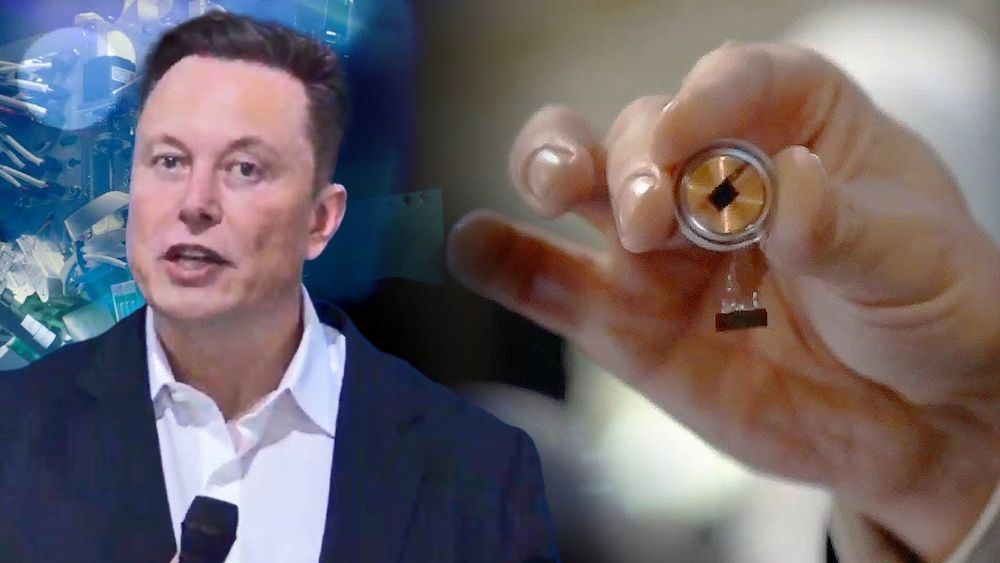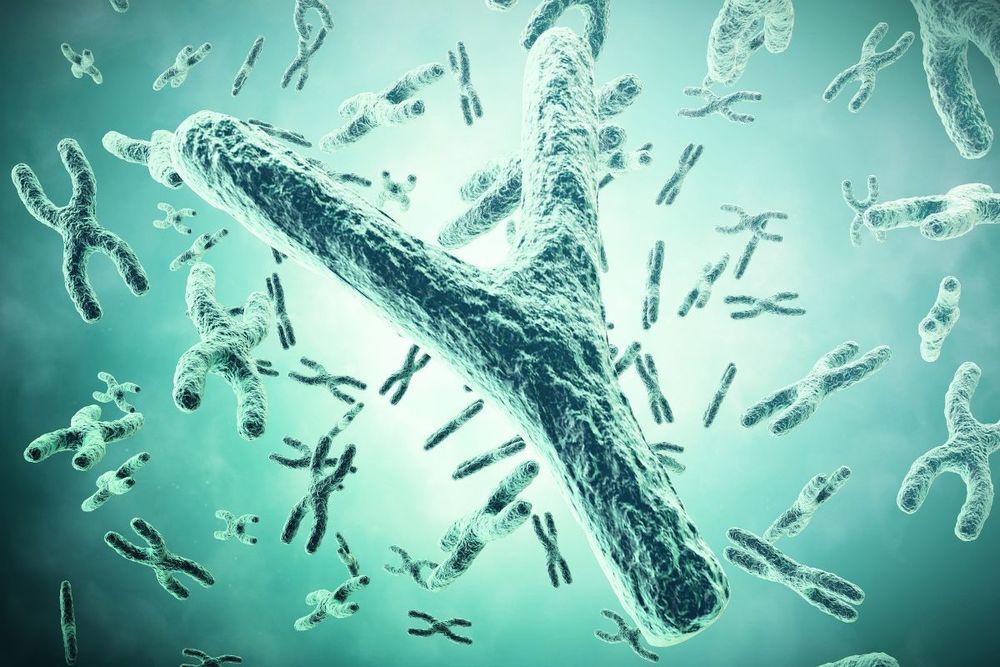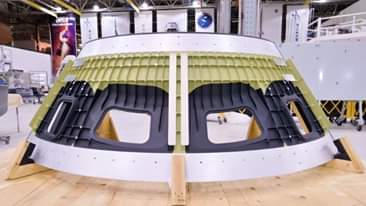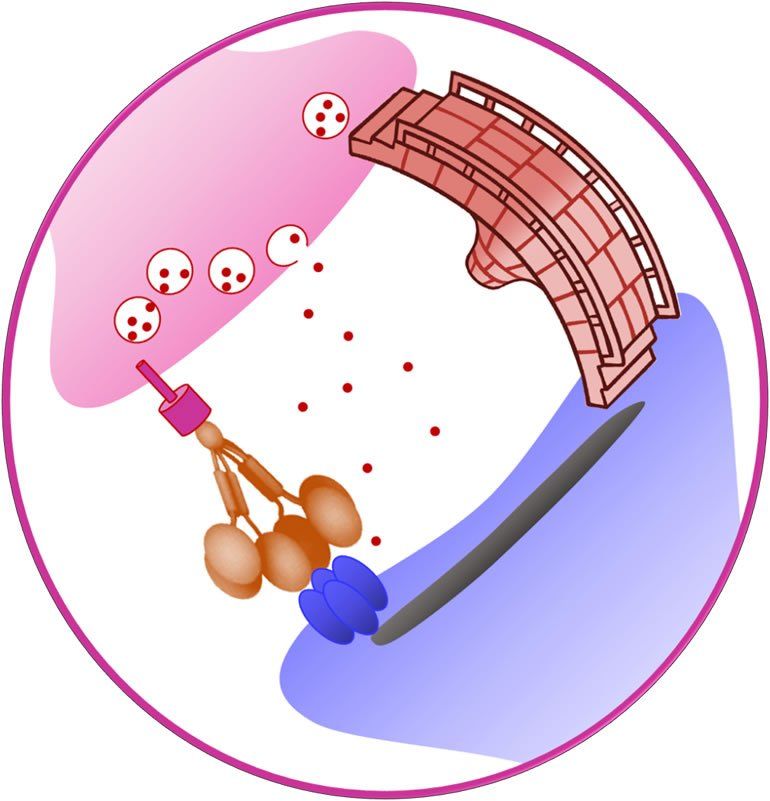This is a working proof of concept of the NeuralLace. It can detect limb motion and smell sensation via neural implants in the brain. So far it’s only been tested in pigs, but an early usecase might be a digital replacement for spinal cord injuries. But the real future goal about is getting to implant an internet enabled AI into your brain.
Elon Musk showed off Neuralink’s new implantable brain chip and demonstrated it working in real time on a pig.
CNET playlists: https://www.youtube.com/user/CNETTV/playlists
Download the new CNET app: https://cnet.app.link/GWuXq8ExzG
Like us on Facebook: https://www.facebook.com/cnet
Follow us on Twitter: https://www.twitter.com/cnet
Follow us on Instagram: http://bit.ly/2icCYYm









